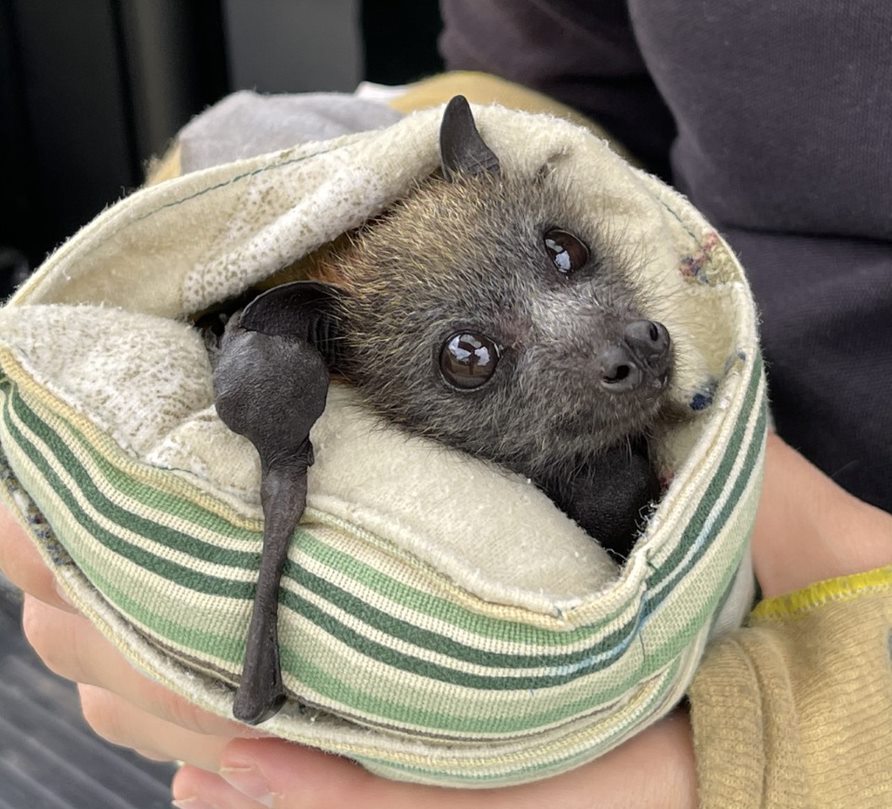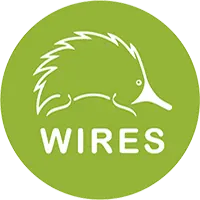
Australian Bat Lyssavirus (ABLV) is a virus, similar to rabies that can be transmitted from bats to humans.
It is possible for the virus to be transmitted by flying-foxes (also known as fruit bats) or microbats.
Although few animals are thought to carry the disease (less than 1% of flying-foxes and bats), it is mandatory that anyone working with these animals is vaccinated as a safety precaution and this is a requirement of the NSW Health Service.
Each year WIRES receive thousands of calls to assist in the rescue of flying-foxes and microbats. Of all the flying-foxes and microbats we have in care every year only one may have the virus.
The virus can be fatal for humans, so only people vaccinated for the virus should handle flying-foxes and mircobats.
In Australia only 3 cases of infection have been recorded since the virus was identified in 1996 and all cases were in Queensland. health.nsw.gov.au
Infection could occur if you were bitten or scratched by a flying-fox or microbat, or if you were exposed to the saliva of an infected animal through your eyes, nose, mouth or an open wound.
ABLV is only spread through contact with infected saliva. It is not spread through flying fox urine or droppings. environment.nsw.gov.au
If you are not vaccinated and you've been scratched or bitten you need to wash the area with soap and water for 5 minutes and make arrangements to visit your Doctor promptly.
If you are at risk of infection you will normally be given a series of vaccine injections.
If you see a bat away from it's camp during the day or find a sick, injured or orphaned flying-fox or microbat in NSW please call WIRES on 1300 094 737 for rescue assistance.
Please do not touch a flying-fox or microbat under any circumstances, even if it's on a barbed wire fence or caught in netting, unless you are vaccinated.
After you call WIRES we will provide a trained and vaccinated volunteer to assist you and the bat. All WIRES flying-fox and microbat rescuers are vaccinated.
More information about flying-fox and microbat rescues is available here.
To access 24/7 rescue advice and assistance for sick, injured and orphaned native animals call 1300 094 737, or fill in the online rescue form.
Sign Up for Wildlife News
Stay in touch and get our regular rescue stories, WIRES updates and a free copy of our 15 Ways to Help Wildlife ebook
